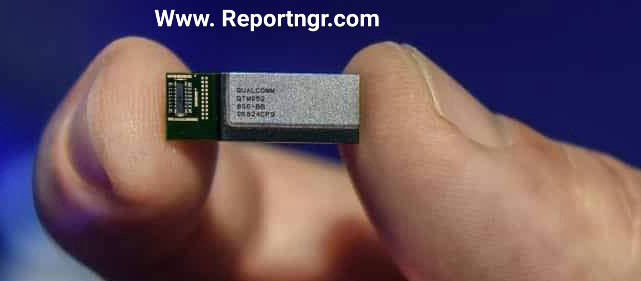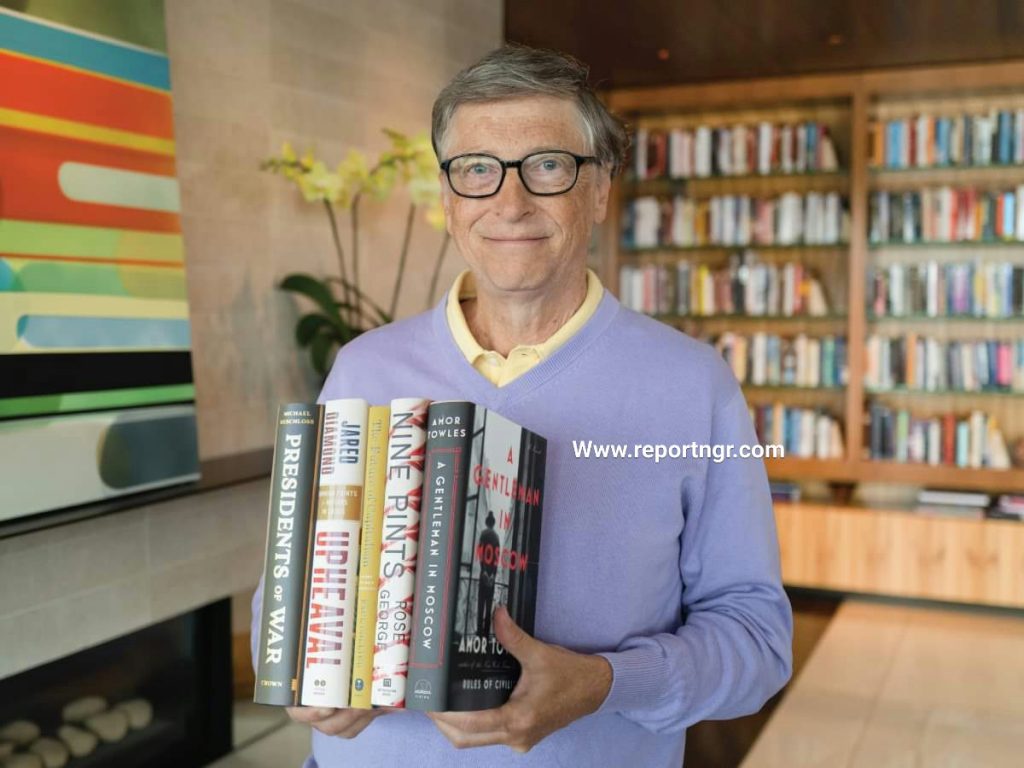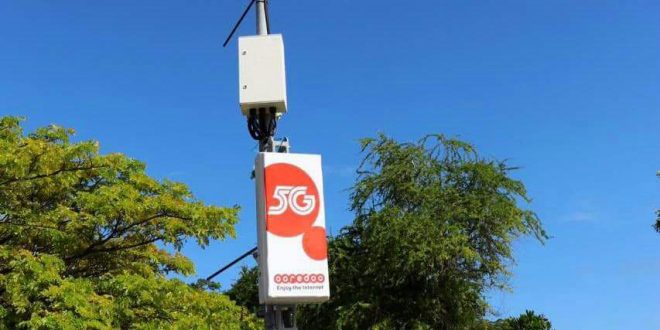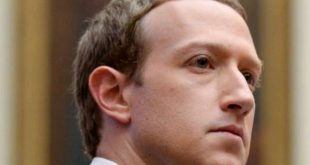The Department of Commerce, United States of America is close to signing 5G deal with China.
According to reports, a new rule that would allow US companies to work with China’s Huawei Technologies on setting standards for next-generation 5G networks is about to be signed.

However, the listing left companies uncertain about what technology and information their employees could share with Huawei.

Huwai is the world’s largest telecommunications equipment maker.
Industry and government officials stated that the move has put the US at a disadvantage.
protest-as-fake-news-is-criminalised-in-algeria/
fani-kayode-position-on-buharis-government/
Huawei gained a stronger voice in a standards-setting meetings, where protocols and technical specifications are developed. The meeting allowed equipment from different companies to function together smoothly.
Meanwhile, the Commerce Department placed Huawei on its “entity list” last May, citing national security concerns.

Moreover, the listing restricted sales of US goods and technology to the company. And raised questions about how US firms could participate in organizations that establish industry standards.
Two sources told Reuters that after nearly a year of uncertainty, the department has drafted a new rule to address the issue,
These rules which could still change, essentially allows US companies to participate in standards bodies where Huawei is also a member.
The draft is under final review at the Commerce Department and, if cleared, would go to other agencies for approval.

But it is unclear how long the full process will take or if another agency will object.
“As we approach the year mark, it is very much past time that this be addressed and clarified,” said Naomi Wilson, senior director of policy for Asia at the Information Technology Industry Council (ITI), which represents companies including Amazon.co Inc, Qualcomm Inc and Intel Corp.
The US government wants US companies to remain competitive with Huawei, Wilson said. “But their policies have inadvertently caused US companies to lose their seat at the table to Huawei and others on the entity list.”
The rule is only expected to address Huawei and not other listed entities like Chinese video surveillance firm Hikvision.
By adding Huawei to the list last May, the Commerce Department stated that US charges against the company for alleged violations of US sanctions against Iran is pending.
It also noted that the indictment alleges Huawei engaged in “deceptive and obstructive acts” to evade US law.
However, Huawei has pleaded not guilty to the case.
Nevertheless, a Department of Commerce spokesman declined to comment. And a Huawei spokeswoman also declined to comment.
“I know that Commerce is working on that rule,” a senior State Department official told Reuters on Wednesday. “We are supportive in trying to find a solution to that conundrum.”
Meanwhile, the White House and departments of Defense, Energy, and Treasury did not immediately respond to requests for comment.
“International standard setting is important to the development of 5G,” said another senior administration official, who also did not want to be identified. “The discussions are about balancing that consideration with America’s national security needs.”
Six US senators, including China hawks Marco Rubio, James Inhofe, and Tom Cotton, last month sent a letter to the US secretaries of Commerce, State, Defense, and Energy.
The letter was about the urgent need to issue regulations confirming that US participation in 5G standards-setting is not restricted by the entity listing.
“We are deeply concerned about the risks to the US global leadership position in 5G wireless technology as a result of this reduced participation,” the letter said.
In the telecommunications industry, 5G, or fifth-generation wireless networks, are expected to power everything from high-speed video transmissions to self-driving cars.
SOURCES: ALJAZEERA NEWS And REUTERS NEWS AGENCY











